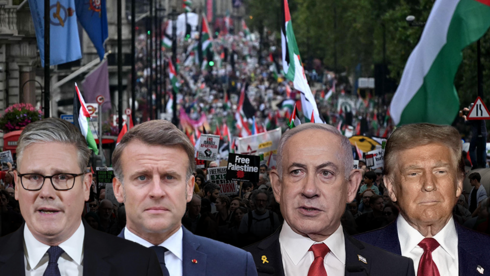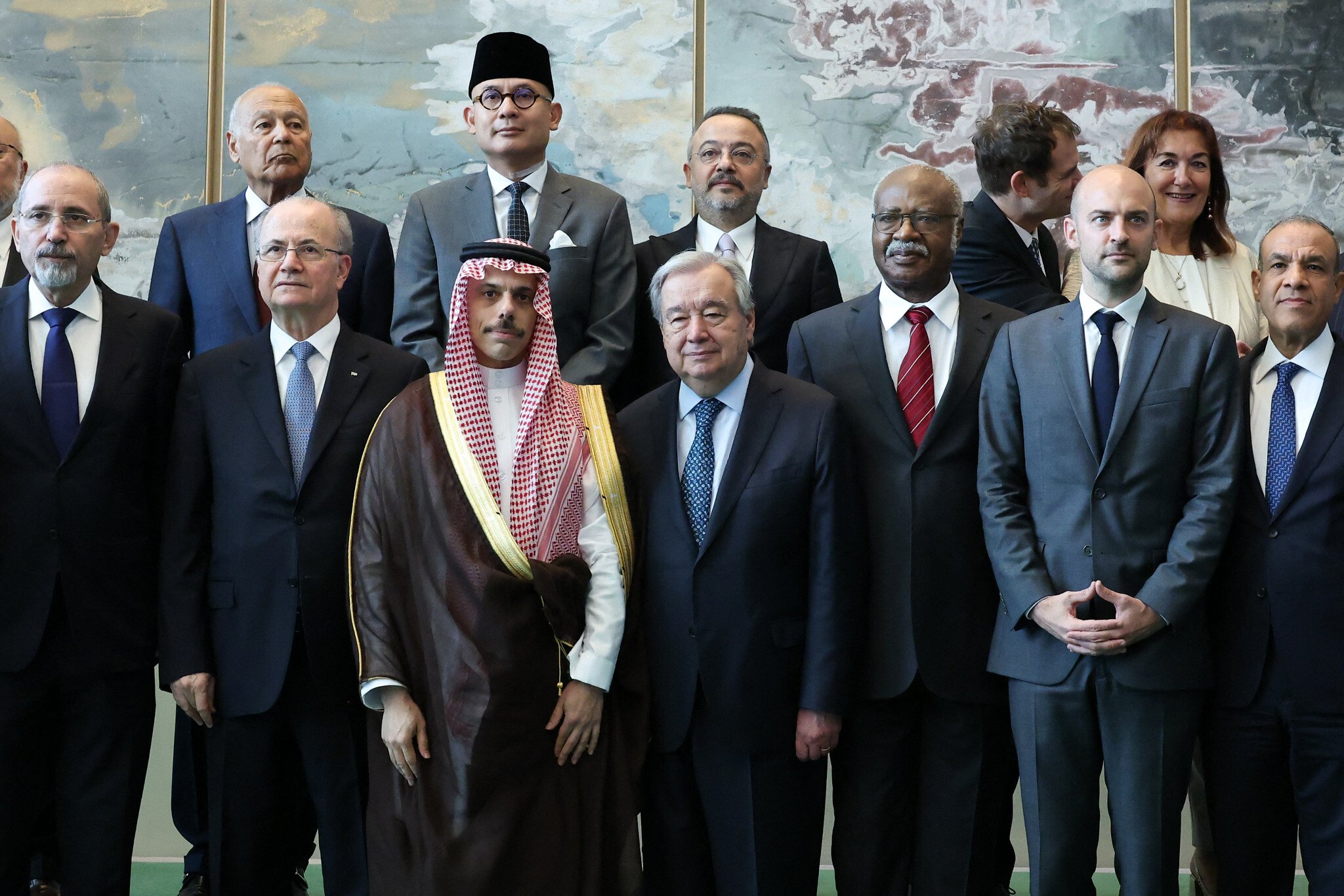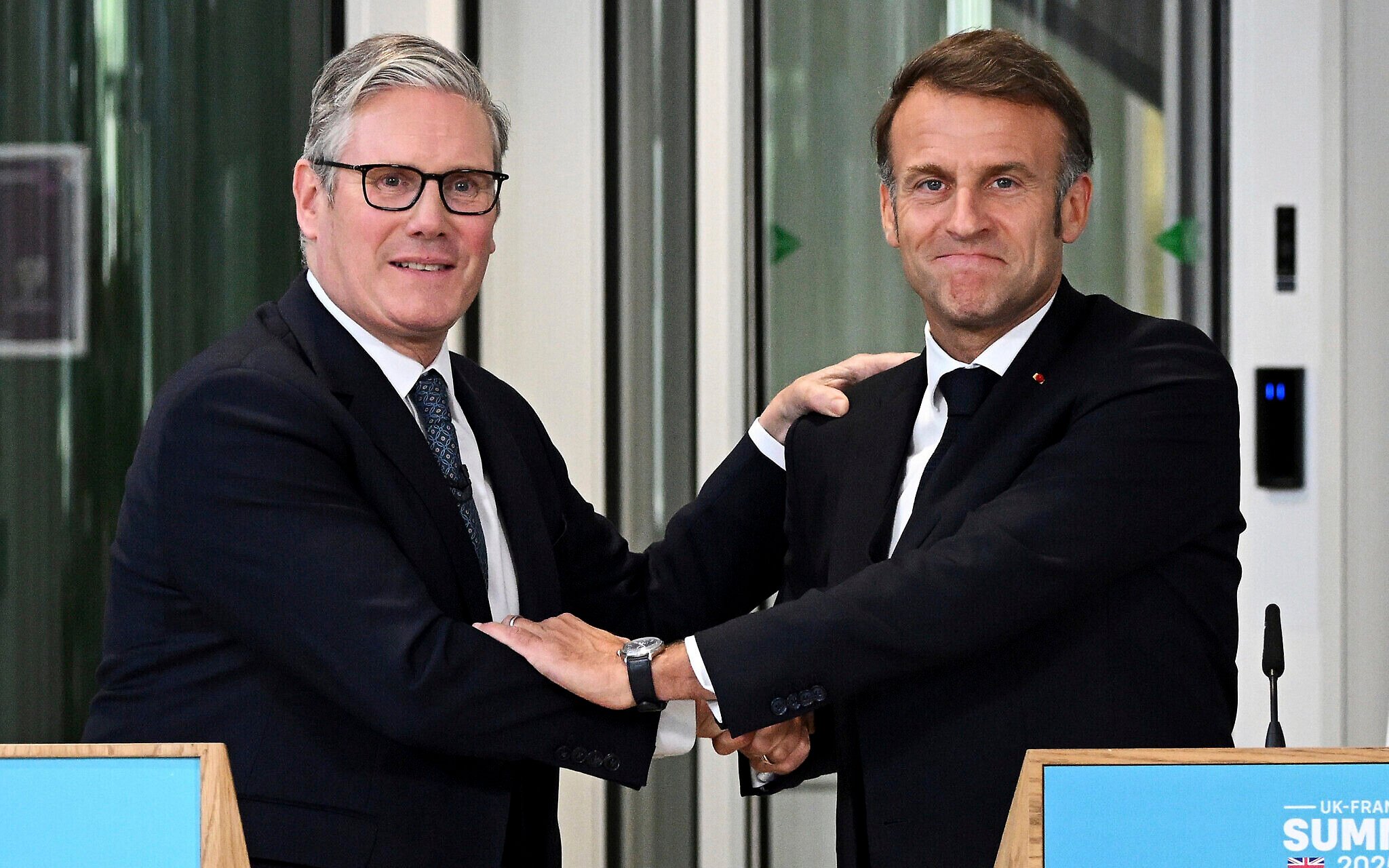T4K3.news
Global leaders call for Palestinian state recognition
UK's Starmer warns Israel of recognition if demands are unmet.

Global leaders increase calls for Palestinian state recognition amid Israeli resistance.
Nations prepare to recognize Palestine as pressure mounts on Israel
British Prime Minister Keir Starmer issued a warning to Israel on Tuesday. He stated that the UK would recognize a Palestinian state during the upcoming United Nations General Assembly if specific demands are not met. These include a cease-fire in Gaza, commitments against West Bank annexation, and assurances of a long-term peace process aimed at establishing a two-state solution. This announcement adds to the increasing international calls for Israel to engage politically with the Palestinians. Israeli Prime Minister Benjamin Netanyahu rejected these remarks, arguing they reward terrorism. He warned that recognizing a Palestinian state would threaten the security of neighboring countries, including Britain. Similarly, former U.S. President Donald Trump criticized the potential recognition, suggesting it would encourage Hamas. Malta has joined the movement towards recognition, reflecting a broader shift among European countries. However, British Jewish organizations urged caution, cautioning against rewarding Hamas while also calling for humanitarian aid to Gaza. This diplomatic tension highlights the struggles Israel faces in maintaining its international relationships and the risk of further isolation.
Key Takeaways
"To halt the collapse and restore Israel’s standing in the region and the world, the government must change course."
This remark reflects the growing concern among former Israeli diplomats about Israel's diplomatic situation.
"Appeasing jihadist terrorists has always failed. It will fail for you too."
Netanyahu's response highlights his firm stance against compromises with perceived threats.
"Terrorism or Hamas’s obstinacy must not be rewarded."
This quote emphasizes the cautious approach urged by British Jewish organizations regarding aid and political actions.
The international push for Palestinian statehood represents a significant shift in diplomacy around the Israel-Palestine conflict. As Starmer, Macron, and other leaders voice support for Palestine, Israel is confronted with escalating backlash. Netanyahu's rhetoric indicates a growing anxiety over perceived threats to national security. This situation illustrates a pivotal moment in European diplomacy, as nations reassess their stances amid humanitarian crises. The juxtaposition of humanitarian concerns and national security fears creates a complex landscape for political leadership.
Highlights
- Diplomatic collapse is now a reality for Israel.
- A jihadist state on our border threatens Britain.
- Reform is crucial to restore Israel's standing in the world.
- Rewards for Hamas will only lead to more violence.
Growing political backlash over Palestinian recognition
As the UK and other nations signal readiness to recognize Palestine, Israeli leaders express strong opposition, potentially escalating diplomatic tensions.
This tense diplomatic landscape raises questions about the future of Middle Eastern peace efforts.
Enjoyed this? Let your friends know!
Related News

EU leaders debate Palestine recognition amid Gaza crisis

Francesca Albanese addresses urgent human rights issues in Colombia

Global leaders push for two-state solution at UN conference

France and U.K. to recognize Palestinian state

France to officially recognize Palestine as a state

MPs and ministers urge Starmer to recognize Palestine

UK prioritizes strategic approach to Palestinian state recognition

Western leaders threaten to recognize Palestinian state
